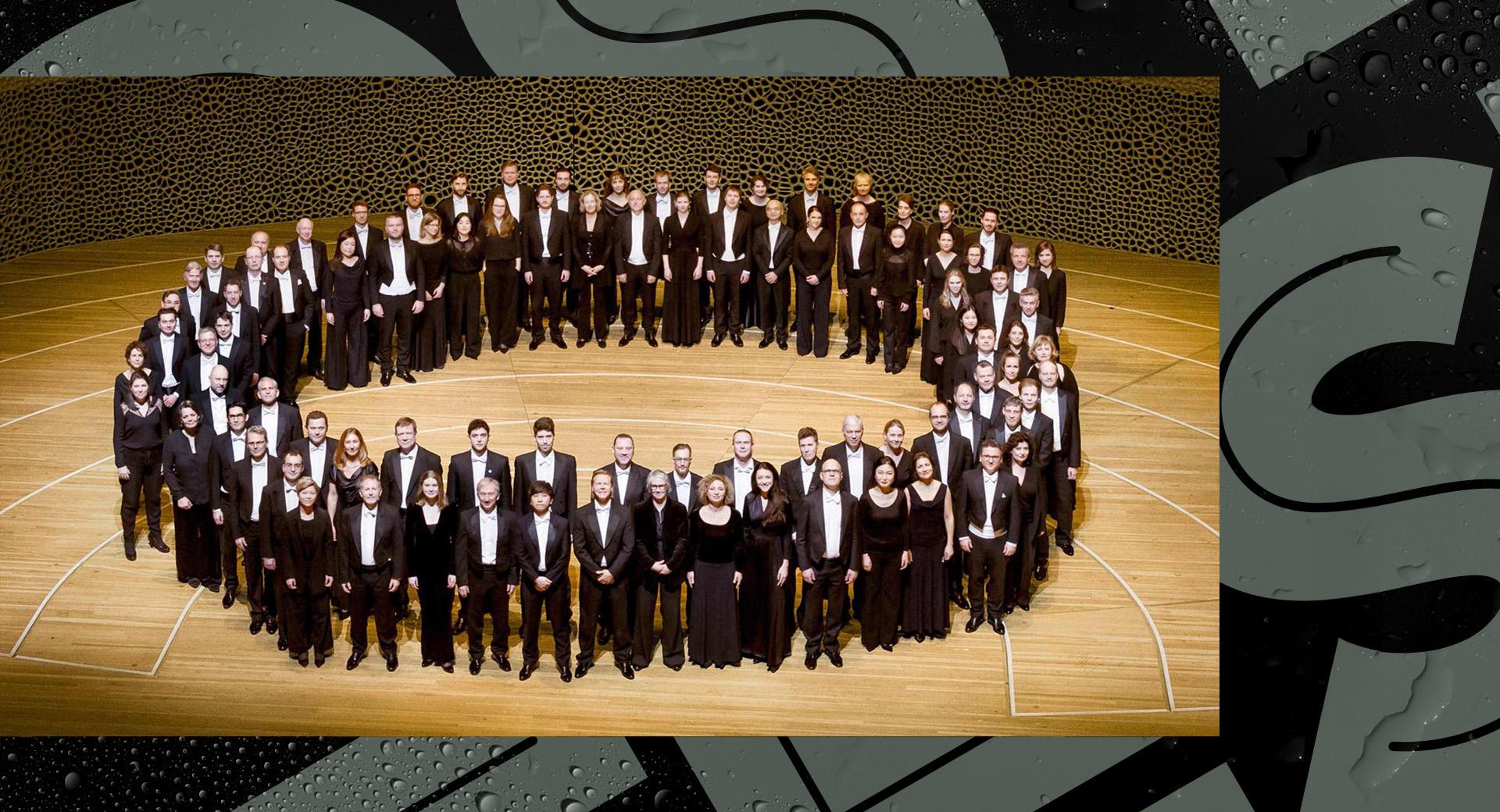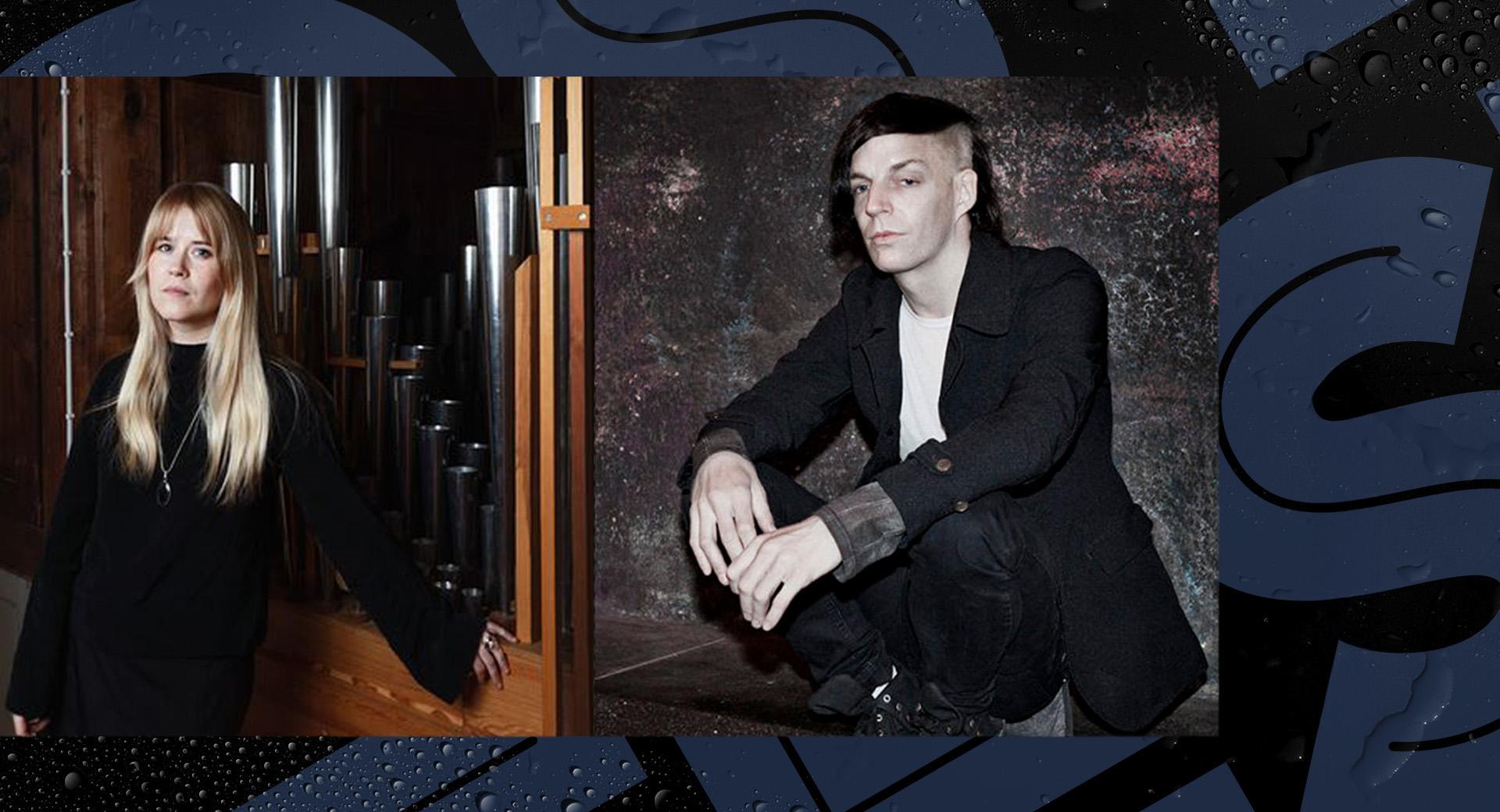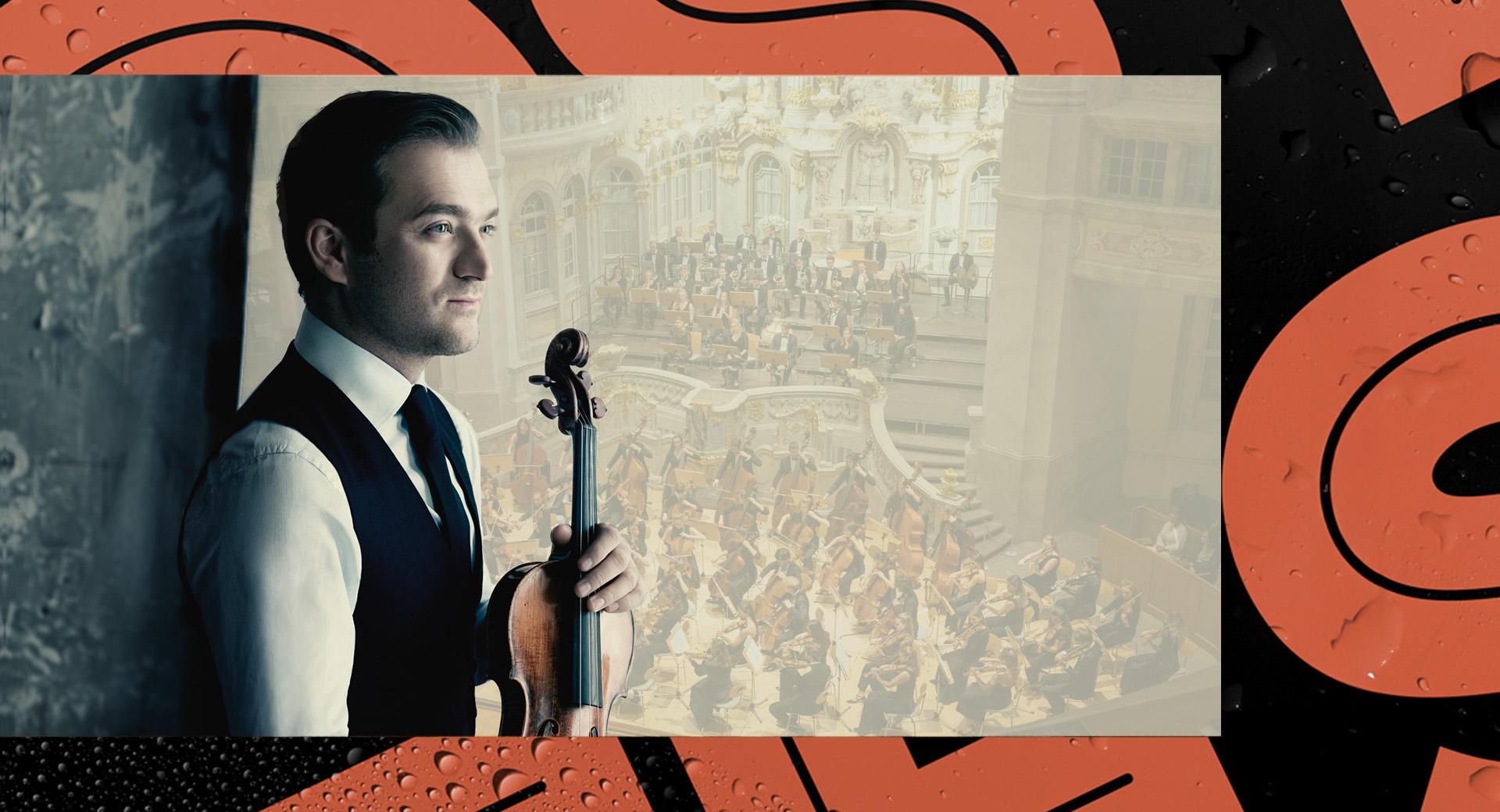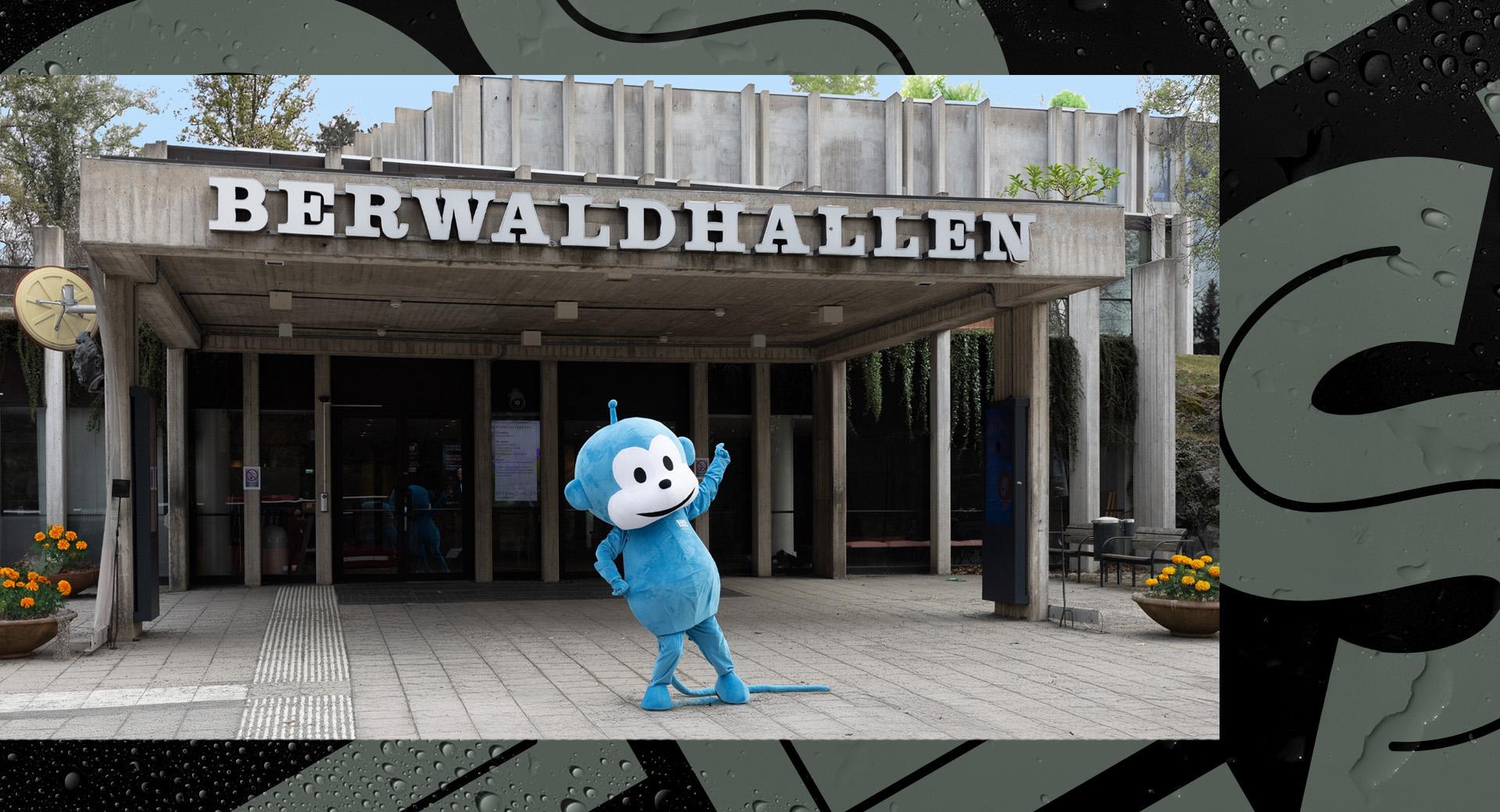The Swedish Radio Choir meets Kaspars
Kaspars Putniņš and the Swedish Radio Choir perform poignant choral works by four prominent European choral composers of the 20th century. György Ligeti depicts the light of eternity with unearthly mystique, Sofia Gubaidulina has set Francis of Assisi’s Canticle of the Sun to music, Gundega Šmite seeks the light of truth and Arvo Pärt paints with brilliant, divine sounds.
Date has passed
This production is part of one or more concert series.
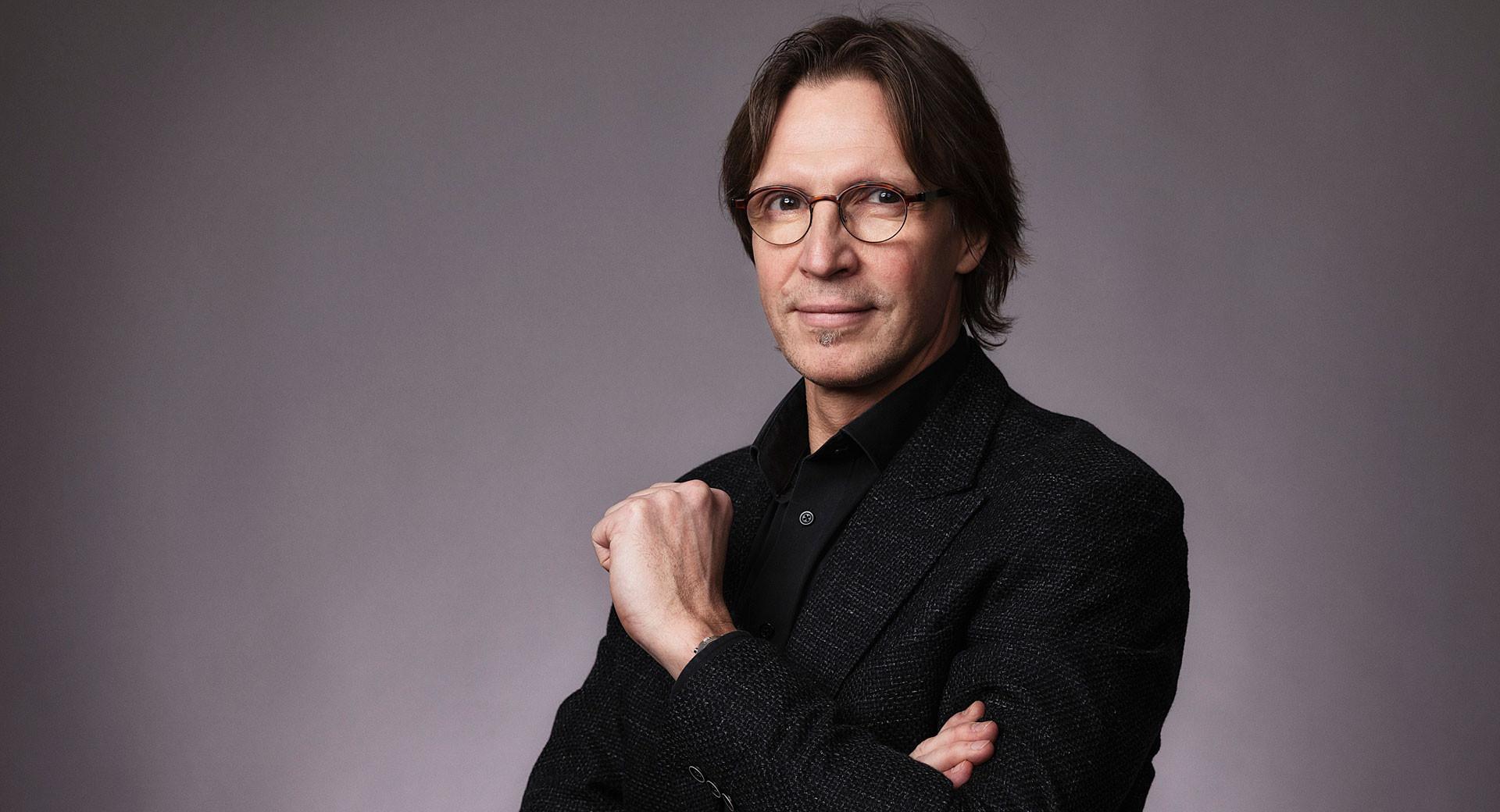
The concert was recorded on September 12, 2020.
